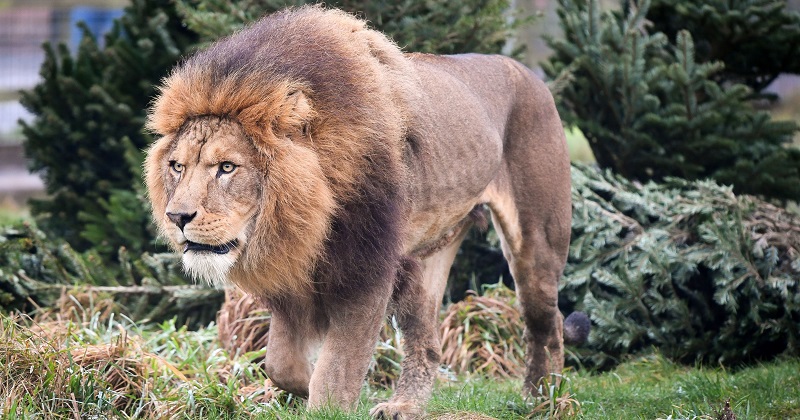
India’s Ministry of Environment, Forest and Climate Change has introduced rules governing the possession and breeding of exotic wild animals held in captivity, in accordance with Section 49M of the Wild Life (Protection) Act, 1972. The regulations aim to address the absence of guidelines governing the keeping and breeding of highly endangered exotic wild animals. This issue gained global attention during the COVID-19 pandemic, amid concerns that the virus might have originated from zoonotic transmission in places like China’s Wuhan wet market. Consequently, several countries, including China and Vietnam, implemented measures to curb illegal wildlife trade and consumption.
Under the new rules, individuals in possession of exotic animal species must apply for registration within six months of the rules’ commencement and report possession to the State Chief Wildlife Warden within 30 days via the PARIVESH 2.0 portal. The regulations also stem from the Wild Life (Protection) Amendment Act, 2022, effective since April 1, 2023, which mandates registration, transfer, and reporting of living scheduled animal species listed under CITES. Additionally, a separate license is required to keep and breed highly protected Appendix I animals under Schedule IV.
The government’s decision to establish a legal framework for managing captive exotic wildlife has been commended by wildlife experts, who see it as a step towards preventing the illicit trade and exploitation of highly endangered animals. While some view the regulations as a positive move, others stress the need for strict enforcement to curb illegal activities involving exotic wildlife.

Post Your Comments